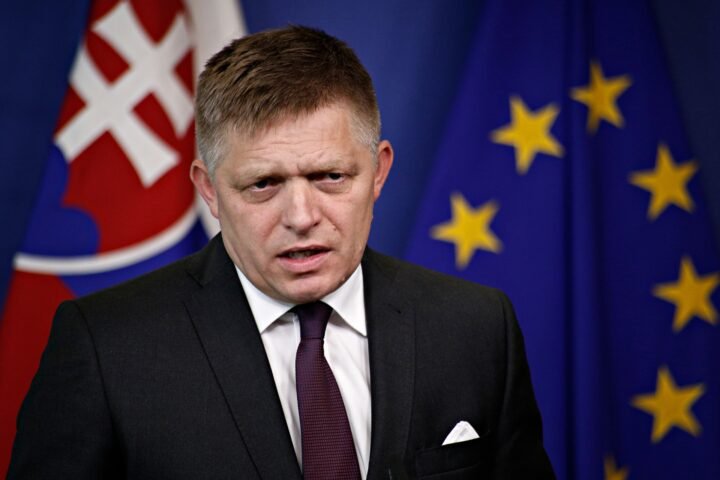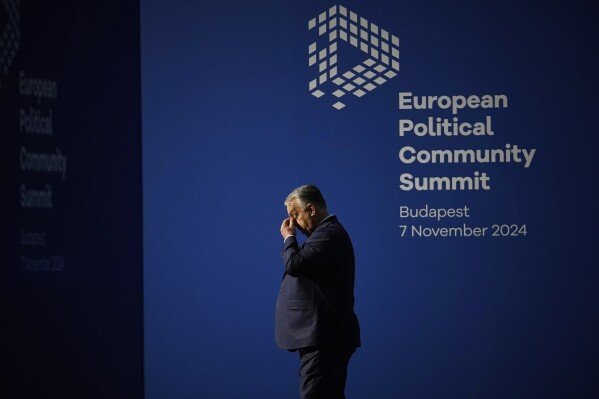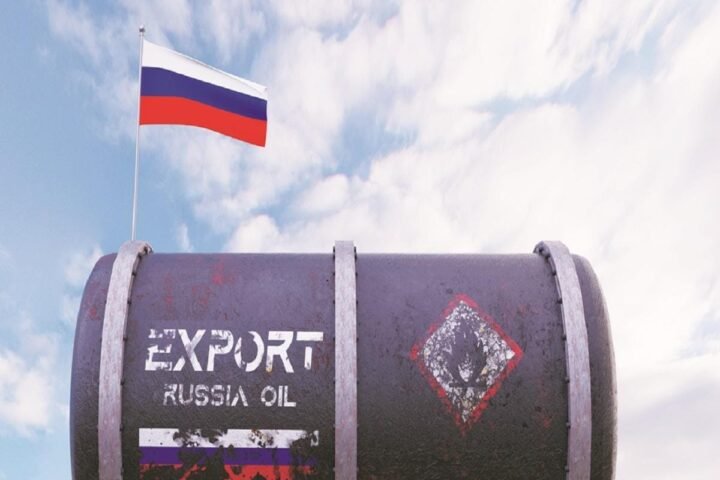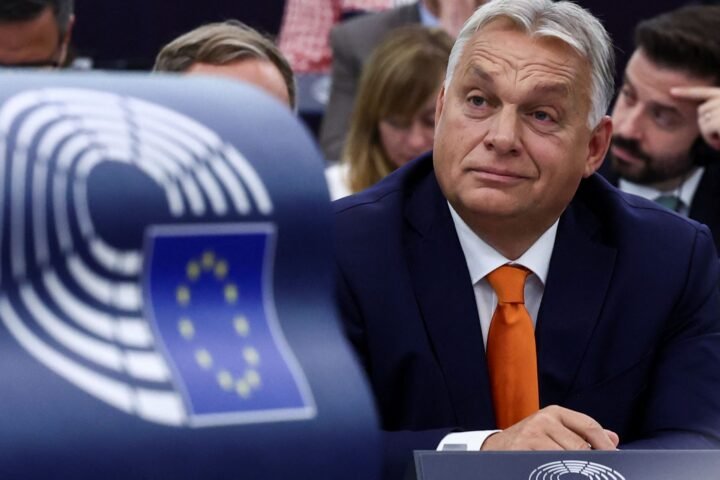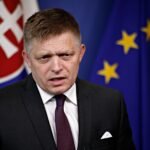In a major signal of deepening military and industrial cooperation, North Korea is set to dispatch up to 25,000 workersto Russia to support its drone production industry, according to diplomatic sources cited by NHK World and Censor.net. The move, reported on June 19, 2025, underscores a new phase in the Moscow–Pyongyang alliance, which continues to evolve as the war in Ukraine drags on.
The workers from the Democratic People’s Republic of Korea (DPRK) are expected to be deployed to Tatarstan, a key region in Russia’s military-industrial complex. Their mission? To help ramp up the assembly and production of unmanned aerial vehicles (UAVs), or drones, for the Kremlin’s defense sector.
Technology for labor: Pyongyang’s trade-off
In exchange for its massive workforce deployment, North Korea is reportedly gaining access to Iranian UAV technologies that have been used by Russia on the battlefield. This access is seen as a critical step for Pyongyang’s ambitions to develop and refine its own drone capabilities—technology it has long lacked but is eager to master.
This strategic barter aligns with the increasing pattern of rogue-state cooperation, where authoritarian regimes bypass international norms to sustain their military strength. While the full terms of the deal remain confidential, analysts view this as a mutually beneficial—but globally destabilizing—partnership.
A boost to Russia’s drone war efforts
The arrival of North Korean laborers could significantly boost Russia’s ability to mass-produce military drones, particularly in the face of ongoing Western sanctions and workforce shortages. As the war in Ukraine enters its third year, Russia has been heavily reliant on foreign drone imports, including from Iran, to maintain air superiority and conduct long-range strikes.
The Tatarstan drone facilities are expected to become a hub for scaling up domestic drone production—now with foreign manpower at the heart of the operation.
Propaganda vs. reality in Russia’s “self-sufficient economy”
Despite the Kremlin’s repeated claims of economic independence, this deal with North Korea paints a very different picture. Relying on external labor and foreign technology transfers suggests cracks in Russia’s so-called autarkic defense industry.
Moreover, the move will likely provoke criticism from the international community, especially given the severe human rights concerns surrounding North Korean labor conditions. Similar overseas worker programs by the DPRK have been condemned for operating under forced labor conditions that financially benefit the North Korean regime rather than the workers themselves.
Implications for global security
This collaboration raises alarms far beyond the Russia–Ukraine battlefield. It reflects a growing authoritarian alliance network—with North Korea, Russia, and Iran sharing labor, weapons, and technology. This axis could become increasingly emboldened as they support each other through non-transparent military-industrial exchanges.
If confirmed and carried out, the deployment of 25,000 North Korean workers to Russian drone factories would represent one of the most substantial acts of international labor militarization in recent history.




